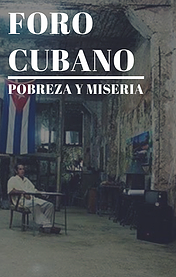The Power of Ideas: Cuban Efforts to Shape Debate in Latin America
Abstract
Joseph Nye, who coined the post-Cold War concept of “soft power,” explained: “A country with soft power can result from three resources: its culture… its political values… and its foreign policies… like any form of power. , it can be wielded for good or bad ... soft power in the wrong hands can have horrible consequences ”. For nearly sixty years, Cuba's leadership has dedicated massive resources and worked with determination, sophistication, and consistency to distort perceptions and limit public criticism of its authoritarian system. As the oldest dictatorship in a region that has institutionalized support for democratic values and the protection of human rights within the inter-American system, the Cuban authorities have sought to exert influence beyond its borders in a search for legitimacy. Undertaking such efforts openly and covertly through a large and disciplined army of diplomats, intellectuals, artists, spies, agents, collaborators, and propagandists. Working in harmony within the Cuban intelligence and propaganda apparatus.


